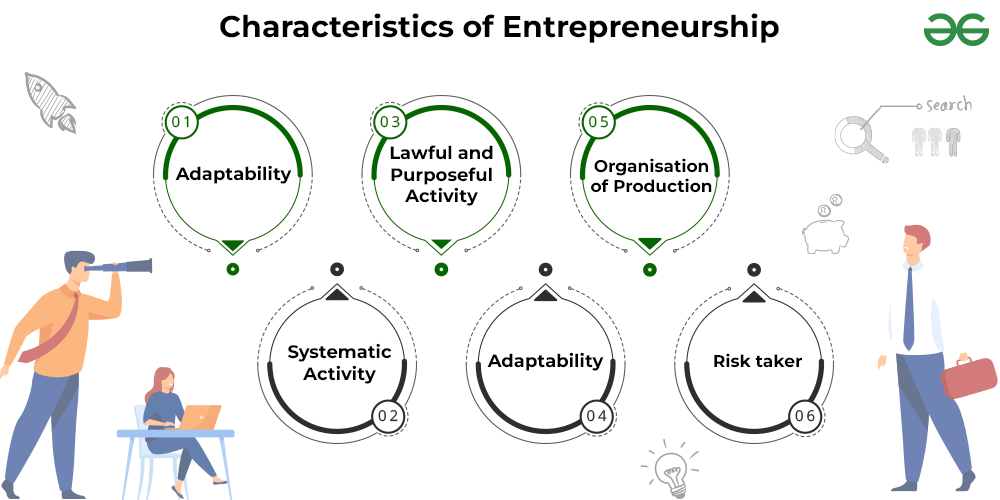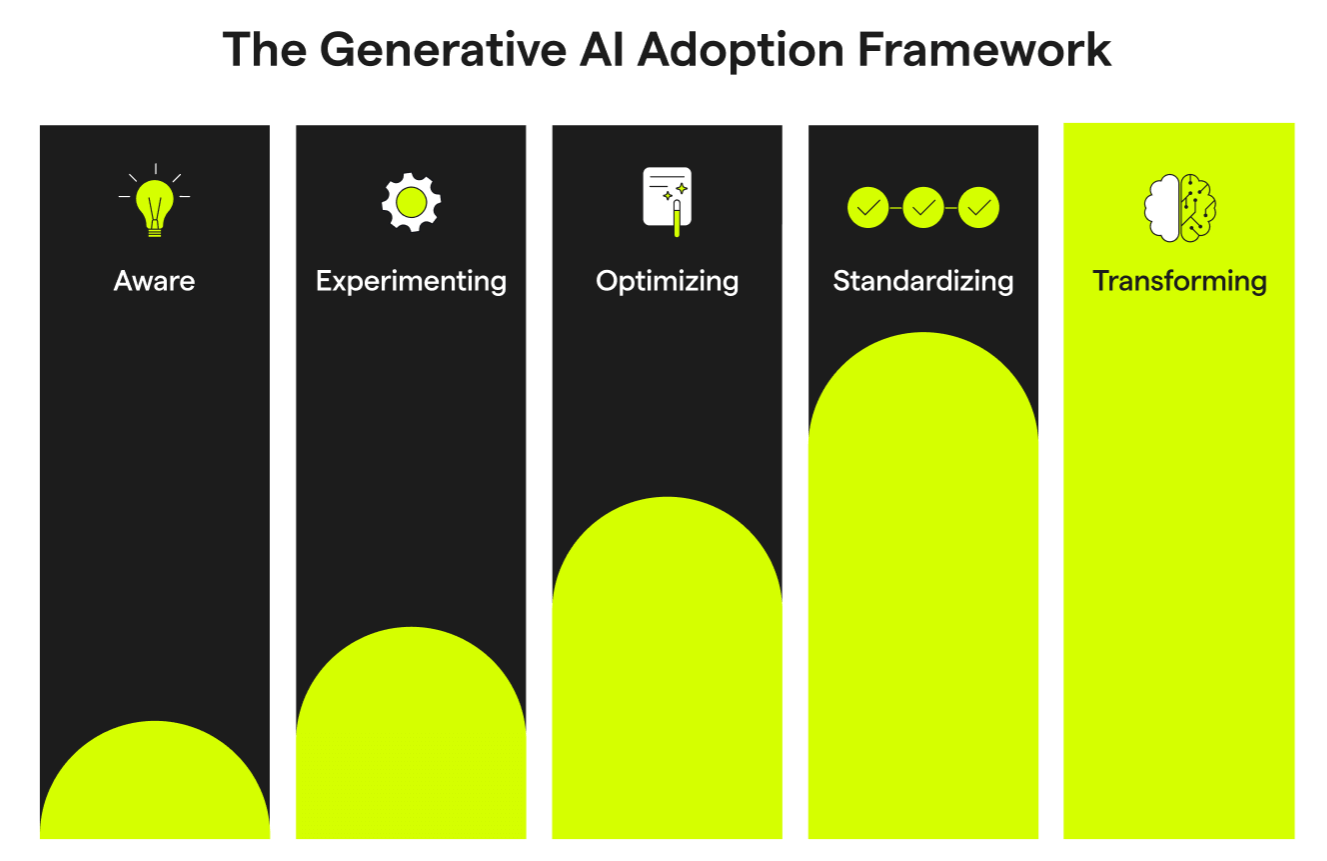Research funding impact plays a pivotal role in shaping the landscape of innovation and entrepreneurship in the United States. As federal funding sources face scrutiny and potential reduction, the repercussions resonate throughout the startup ecosystem, jeopardizing emerging ventures that rely on robust scientific investigation and advancement. Recent studies underscore that for every dollar invested in federal biomedical research, there is a remarkable $2.56 boost to U.S. economic activity, highlighting the symbiotic relationship between funding and economic growth. Harvard research has showcased the critical nexus where educational institutions become breeding grounds for transformative startups, enabled through vigorous entrepreneurship curricula and dedicated faculty support. As we assess the implications of potential funding cuts, understanding this relationship is essential for fostering a resilient future for innovation and economic prosperity.
The influence of financial backing for research cannot be overstated, especially amidst the evolving landscape of startup growth and technological advancement. Funding mechanisms, particularly at the federal level, serve as a cornerstone for pioneering projects that convert groundbreaking ideas into tangible marketable solutions. By examining the intersection between academic institutions and entrepreneurial initiatives, we glean insights into how nurturing environments lead to the cultivation of new enterprises. Universities, like Harvard, create unique ecosystems where academic inquiry and practical entrepreneurship converge, thus empowering a new generation of innovators. As the threat to funding persists, a deeper understanding of its ramifications on innovation and economic vitality is paramount.
The Critical Role of Research Funding in Innovation
Research funding is an essential driver of innovation in the United States, particularly at institutions like Harvard. Federal funding plays a pivotal role in advancing scientific discoveries, with significant investments leading to breakthroughs in medicine, technology, and engineering. Without a stable funding environment, research productivity wanes, directly impacting the innovation pipeline that fuels startups and entrepreneurial activities. The recent proposal to reconsider over $9 billion in grants underscores the precarious nature of research funding and its cascading effects on the economy.
Moreover, studies highlight that for every dollar spent on federal biomedical research, there is an impressive return of $2.56 in economic activity. This multiplier effect illustrates how essential federal funding is not only for academic research but for nurturing a vibrant startup ecosystem. The decline in research investments could jeopardize the emergence of new ventures, disrupt existing entrepreneurial frameworks, and slow down overall economic growth, causing long-term repercussions that extend beyond the immediate scope of academia.
Impact of Research Universities on Startup Ecosystems
Research universities like Harvard act as critical incubators within the startup ecosystem. They bridge the gap between groundbreaking research and market-ready solutions, providing both faculty and students with the resources necessary to translate ideas into successful enterprises. Faculty members often engage in innovative research that leads to commercialization opportunities, particularly within technology and biomedical fields. The collaboration between academic institutions and the venture capital world has created a rich environment where innovative startups can thrive.
Additionally, students benefit from comprehensive entrepreneurship curricula designed to foster innovation and business acumen. At Harvard Business School, the emphasis on developing entrepreneurs has made it a hub for aspiring business leaders. Numerous startups have emerged from this academic breeding ground, showcasing the integral role that research and education play in nurturing the next generation of entrepreneurs. This synergy between universities and startups underlines the importance of continued support for research funding, which ultimately supports local economies and broader economic growth.
Understanding the intricate relationship between research funding and startup success requires looking at federal support mechanisms. By providing resources directly tied to advanced scientific inquiries, the government helps maintain a competitive edge in the global marketplace. The influence of federal investments ensures that both high-quality research and practical entrepreneurial training can continue, reinforcing the concept that a well-funded research landscape equates to a robust startup ecosystem.
Frequently Asked Questions
What is the impact of research funding on the startup ecosystem?
Research funding significantly bolsters the startup ecosystem by providing the necessary resources for innovative ideas to flourish. When universities receive funding, it enhances their research capabilities, leading to groundbreaking discoveries that can spawn new startups. This connection helps transform academic research into viable commercial products, ultimately fueling economic growth.
How does federal funding influence economic growth in the context of research and startups?
Federal funding plays a crucial role in driving economic growth, particularly in the tech and biomedical sectors. It enables research institutions to explore novel ideas that can be developed into successful startups. According to studies, each dollar invested in federal biomedical research generates $2.56 in economic activity, illustrating the substantial return on investment that fosters entrepreneurship and innovation.
What are the consequences of funding cuts on entrepreneurship curricula in universities like Harvard?
Funding cuts can weaken the entrepreneurship curriculum at universities, which is essential for fostering new business ideas and startups. At Harvard, for instance, a robust entrepreneurship curriculum supports numerous startups each year. Reductions in funding may limit the resources available for faculty and students, ultimately stifling innovation and reducing the number of new ventures entering the market.
How do research universities act as incubators for startups, especially when facing federal funding restrictions?
Research universities serve as vital incubators for startups by leveraging their labs and academic resources to nurture innovative projects. Even with federal funding restrictions, universities like Harvard can still provide mentorship, access to venture capital, and specialized training, thereby encouraging entrepreneurship among students and faculty. However, diminished funding can hamper these initiatives, leading to fewer viable startups.
What role do private investors play in mitigating the impact of federal funding cuts on research and startups?
Private investors can help fill the gap left by federal funding cuts, providing essential capital to support research initiatives and startup ventures. By investing in promising research projects and innovative startups, private capital can help maintain the momentum of economic growth and innovation, particularly in the technology and biomedical sectors, which rely heavily on sound research foundations.
How can the research funding impact future entrepreneurship in the U.S.?
The impact of research funding is crucial for the future of U.S. entrepreneurship. When research funding is robust, it leads to a flourishing environment where startups can emerge and thrive. Conversely, funding cuts can result in fewer innovative ideas transitioning from labs to markets, which could stymie the growth of new enterprises and ultimately affect the U.S. economy’s trajectory.
What are the projected long-term effects of a freeze in research funding on Harvard’s scientific innovation?
A freeze in research funding at Harvard is likely to result in significant long-term effects, including a decreased pipeline of innovative startups. This disruption could lead to fewer breakthroughs and diminished contributions to the economy, as the transition from initial research to market-ready products can take several years. The effects may resonate well beyond the immediate future, hindering U.S. innovation efforts.
| Key Point | Details |
|---|---|
| Research Funding Cuts | The Trump administration froze over $2 billion in Harvard research grants, impacting science, medicine, and technology. |
| Economic Impact | Projected GDP decline of 3.8% in the U.S., comparable to the Great Recession. |
| Startup Ecosystem Disruption | Research universities are critical for startup formation, serving as incubators for innovation. |
| Role of Federal Funding | Federal funding is essential for labs to produce novel ideas leading to successful commercial enterprises. |
| Long-Term Effects of Funding Freeze | Initial effects include hiring freezes and canceled initiatives; full impact will become clearer in 1-3 years. |
Summary
Research funding impact goes beyond immediate financing; it is fundamental for fostering innovation and economic growth. The cuts to research funding, particularly at institutions like Harvard, threaten not only academic integrity but also the future of entrepreneurship in the U.S. As startups play a crucial role in translating scientific discoveries into marketable solutions, the disruption caused by funding freezes could hinder technological advancement and job creation for years to come. Moving forward, it is crucial to prioritize restoring and enhancing research funding to ensure the continued development of the startup ecosystem, which is instrumental for the U.S. economy.


